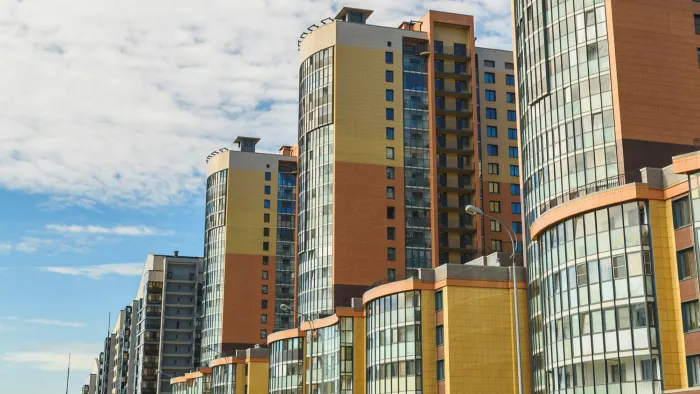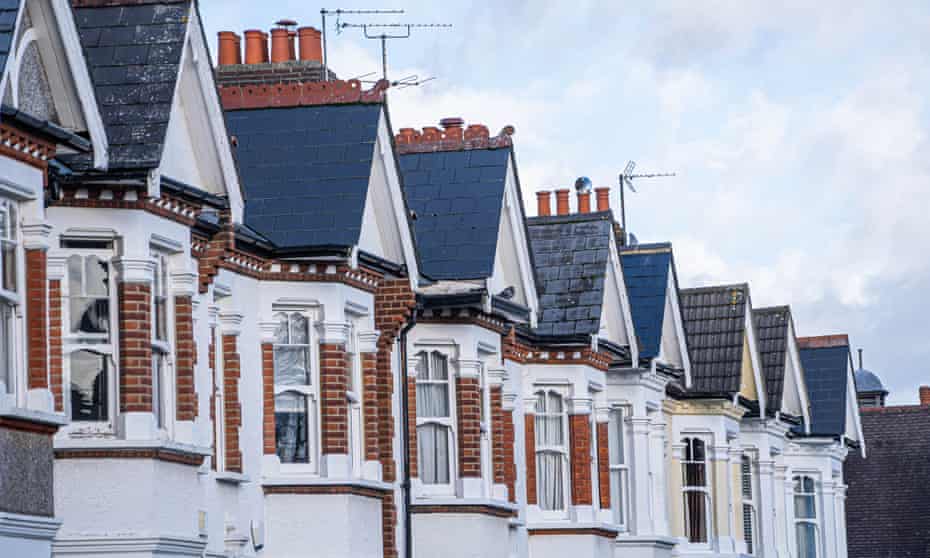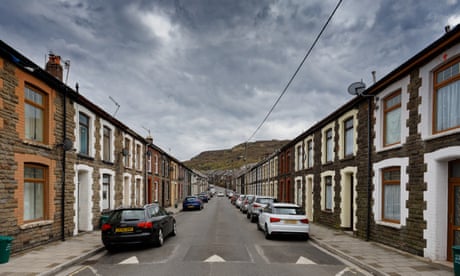Average UK house price exceeds £260,000 for first time

Shortage of homes for sale in February pushes up house price growth for the seventh straight month. With the price growth at 17 year highs.

A shortage of homes for sale last month sent house price growth spiralling for the seventh consecutive month to 12.6%, prompting concerns that property values are moving further out of reach of first-time buyers.
Prices of the average home increased by 1.7% in February to more than £260,000 for the first time, said the building society Nationwide, accelerating the pace of growth from 11.2% in January.
Analysts, who expected a smaller increase in prices last month, said the ending of Covid restrictions enforced because of the Omicron variant and the threat of several interest rate rises this year from the Bank of England also spurred buyers to secure homes ahead of the peak Easter buying period.

Stiff competition between lenders for mortgage business, which has driven the offers for fixed-rate mortgages lower in recent months, was another factor driving prices higher.Advertisement
Nationwide said the increase pushed the average British house price to £260,230, after soaring by almost £30,000 over the past 12 months – the biggest annual increase in cash terms that its monthly index has recorded in more than 30 years of its existence.
The price of a typical home is about a fifth higher than it was in February 2020, shortly before the coronavirus lockdowns started in the UK, according to Nationwide. This equates to a cash increase of £44,140.
As house price growth has outpaced wage increases, and housing affordability has become stretched, the price of a typical home sits at about 6.7 times average earnings, up from a ratio of 5.8 in 2019, according to Nationwide.
Robert Gardner, Nationwide’s chief economist, said housing market activity had remained robust in recent months, with mortgage approvals continuing to run above pre-pandemic levels at the start of the year.
He said: “A combination of robust demand and limited stock of homes on the market has kept upward pressure on prices.
“The continued buoyancy of the housing market is a little surprising, given the mounting pressure on household budgets from rising inflation, which reached a 30-year high of 5.5% in January, and since borrowing costs have started to move up from all-time lows in recent months.
“The strength is particularly noteworthy since the squeeze on household incomes has led to a significant weakening of consumer confidence.”
Ross Boyd, the founder of the mortgage comparison platform Dashly.com, said: “First-time buyers are as keen as ever to get out of the rental market and on to the property ladder, as it’s usually cheaper to own if you can find the deposit.
“The major challenges facing the market right now are a scandalous lack of stock, interest rate rises and the surging cost of living.”
Martin Beck, the chief economic adviser to the EY Item Club, said most purchases were likely to be by households that had saved during the pandemic and were more immune from the rising cost of living when deciding to buy.
Some households might also anticipate that the conflict in Ukraine and the growing uncertainty about the economic outlook will restrain the Bank of England from increasing rates much above 1%.
“But overall, while the cost of mortgages may rise more slowly than had been expected, the outlook for the housing market is looking less buoyant,” he said.
Gardner said that if the labour market remained strong and inflation continued to rise towards 8%, as many analysts predicted, the Bank would have little choice but to raise rates this year.
“Assuming that labour market conditions remain strong, the Bank of England is likely to raise interest rates, which will exert a further drag on the market if this feeds through to mortgage rates.
“Housing affordability has already become more stretched, in part because house price growth has been outstripping earnings growth by a wide margin since the pandemic struck.”
One way of protecting against house price growth is to by off-plan. This is because the price is agreed today, so even if prices continue to spiral, you a already set the price. you can find out more on our latest offerings on our developments page. As a company we only select the best areas to invest in.
Source: https://www.theguardian.com/money/2022/mar/02/average-uk-house-price-exceeds-260000-pounds-first-time-nationwide